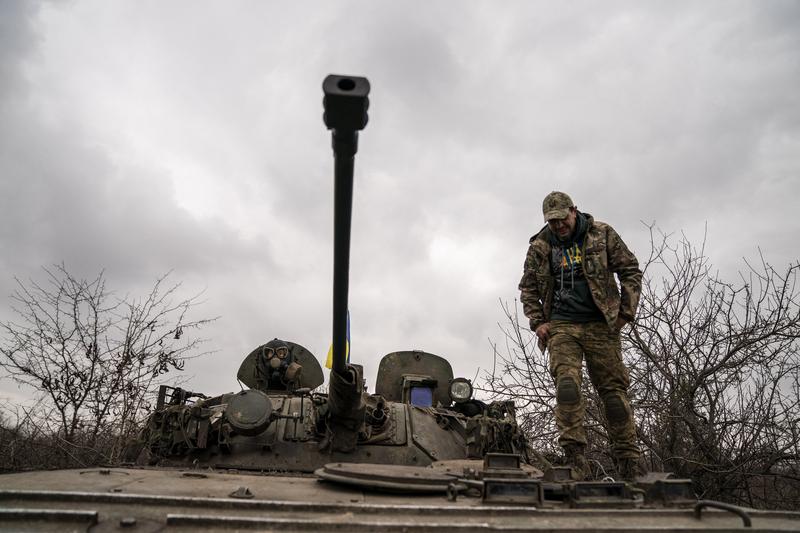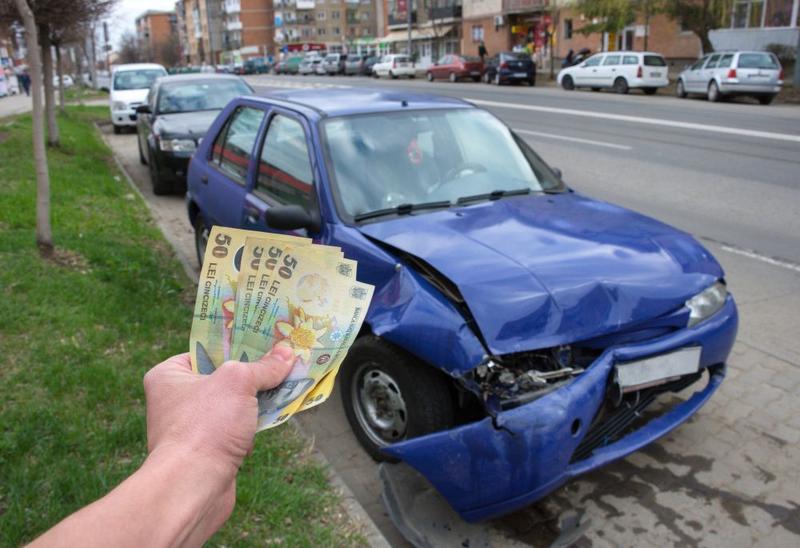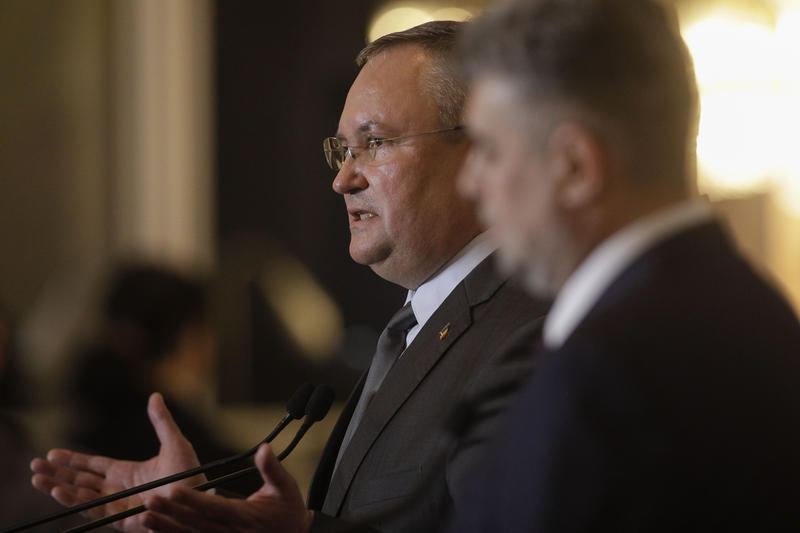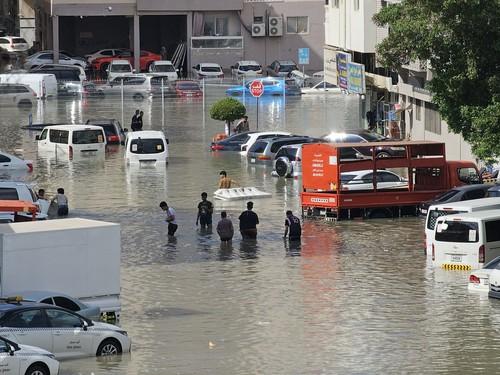The war between Education minister Funeriu and teachers continues. Elsewhere in the news, "If citizens desire unification, no one can stop them", temporary Moldavian President believes. Last but not least, a recent poll shows that half of the interviewed Romanians would like to have a referendum on the reinforcement of the death pealty.
The war between Education minister Funeriu and teachers continues, Evenimentul Zilei reads. President Traian Basescu accuses that no change has taken effect in the Education system, "it was only patched". Specialists present yesterday at the meeting with the President said two weeks for the normative act's public debate was too short. They asked the Education Ministry to extend the deadline and pointed out that the law of decisional transparency compels to a 30-day debate.
Presidential councillor Mircea Miclea would agree with the proposal, if and only if the new aspects of the law were discussed. Minister Daniel Funeriu was not happy to have longer debates, which he called "useless". So issues like decentralisation, a compulsory preparatory pre-school year and financing the system according to the number of students would be left on the margins.
The Romanian Academy is interested in setting the parameters for evaluating schools, universities and teachers. Plus, income earners may now be allowed to donate 2% of their interest to the educational account opened for every new born child. This would give a blow to the NGOs. The new law also sees that all universities spread across 200 km distance from one another should unite..
The Ministry aims to have four main institutions: Bucharest University, Iasi University, Timisoara University and Cluj-Napoca University. The measure is not popular with most academics.
"If citizens desire unification, no one can stop them", temporary Moldavian President Mihai Ghimpu said for Adevarul. Ghimpu is the leader of the Moldavian Liberal party. After the elections in April 2009, he became the Parliament's speaker by August. But Moldova is struggling to cope with the economic crisis and Moldova is now Europe's poorest country.
Ghimpu says that if Moldavians and Romanians want to unite their countries again, no NATO, no Russian Federation, not even Bucharest can prevent it. He does not agree with the Russian deputy who said that if the Romanian language is recognised by the Moldavian Constitution as the state's official language, this will be a first step towards the unification.
Ghimpu managed to set up the Commission for Communism crime research, so that his citizens will find out the truth about what happened in and to Moldova. He says that the EU was "a little wrong" in the case of Transnistria and he hopes the EU will insist in solving the issue. He claims that saving Transnistria depends on the life standards Moldova can offer people in the region, as well as the support coming from the European Union and the United States. "The biggest power today are the people and not the tanks", he said, adding that he has hope for an agreement with the Russian Federation in what concerns Transnistria.
A recent poll shows that half of the interviewed Romanians would like to have a referendum on the reinforcement of the death punishment, Gandul informs. 47% would also like to see a penal conviction for those criticising the Orthodox religion. ProDemocratia Association polls indicate that 68% of the Romanians would like a referendum to propose the withdrawal of the Romanian citizenship in the case of criminal Roma ethnics and of those asking for the autonomy of the Szekler region in Transilvania. 27% opposed the last two issues.
The APD poll aimed to find out the way in which the referendum could influence the judicial rhetoric and in which way it could generate undemocratic impacts on the society by taking decisions which could breach human rights. The conclusion is that the proposal of themes that go against the values of the majority population - Romanian, orthodox - sterns justice passions and could lead to unfair resolutions. The interviews were carried out from March 24 to 27 over the phone. 1,060 people have been interviewed. The error margin is +/- 3.1%



















